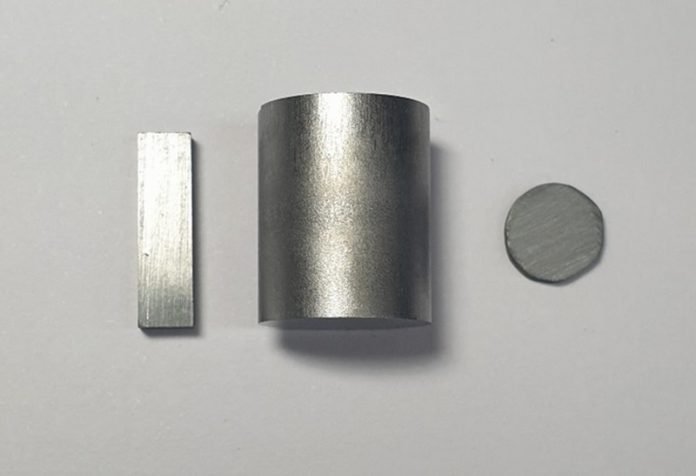
Researchers participating in a U.S. National Science Foundation-sponsored study have discovered a new material that is effective in fabricating thermoelectric devices that convert heat into electricity.
Thermoelectric technology is now operational in space; this breakthrough will adapt the technology for use on Earth.
The material, purified tin selenide in polycrystalline form, is the most efficient thermoelectric material known.
Scientists from Northwestern University and other institutions published findings in the journal Nature Materials showing that polycrystalline tin selenide may be processed for use in the development of thermoelectric devices.
Thermoelectric devices that convert heat into electricity have the potential to conserve energy produced from fossil fuels — energy that is currently lost to waste heat.
Developing polycrystalline tin selenide for use in solid-state thermoelectric devices that convert heat into electricity could drastically reduce energy use and transform manufacturing across the globe, scientists say.
Now, the researchers are working to develop high-performance, low-cost thermoelectric materials that would allow for a broader range of applications.
The materials could be adapted for use in refineries, power plants, automobile manufacturing, and on large ships and tankers.



